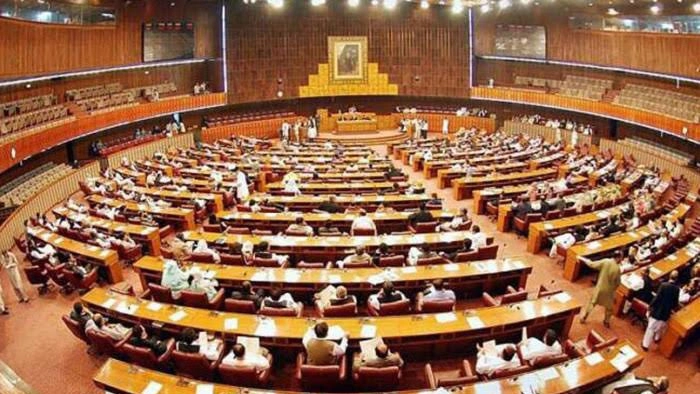The Pakistani Senate made a controversial move this week by passing a bill to amend the Pakistan Army Act with strict penalties for disclosing sensitive information. The amendment has raised concerns about potential overreach and risks to free speech. As journalists and civil society activists, we analyze the key changes and why they could have troubling implications.
On Thursday, the Senate approved the “Pakistan Army (Amendment) Act, 2023” which was proposed by Defense Minister Khawaja Asif. The most concerning addition is Section 26-A on “unauthorized disclosure”. It states that anyone who reveals information acquired officially that could harm Pakistan’s security or armed forces will face up to 5 years in jail.
The only exception is disclosing information after approval from the Chief of Army Staff (COAS). This means the military leadership has full control over what is deemed sensitive versus public interest information.
Impacts on Journalists and Activists
Section 26-A has alarming consequences for journalists, activists, and whistleblowers striving to expose wrongdoing within powerful institutions like the army.
Investigative reporting on corruption, human rights violations, or other misconduct could easily fall afoul of this provision. Even well-intentioned citizens sharing information to further accountability may find themselves jailed.
Rather than enhancing security, these risks suppressing reporting and debate essential for democracy. It provides a convenient tool for the army to cover up abuses and silence critics.
We believe the harsh 5-year imprisonment contradicts the principles of transparent governance. Classifying wide swathes of information without civilian oversight concentrates power on the military.
Political Activity Restrictions
The amendment also prohibits political activity by army members under Section 26-B. Individuals are barred from politics for 2 years after leaving service, or 5 years if holding sensitive positions. Violations mean up to 2 years in jail.
While keeping the armed forces apolitical seems reasonable, the vague phrasing allows room for abuse. Even former officers legitimately entering politics could be targeted decades later.
Again, unelected army officials get broad powers to determine what constitutes political activity without checks and balances. This undermines both free speech and democratic participation.
New Offenses Under Army Law
Beyond gagging information sharing, the amendment expands military court jurisdiction over civilians on several new offenses:
- Section 55-A: Up to 2 years in jail for unauthorized post-retirement employment deemed conflicting with army interests.
- Section 55-B: Cybercrime charges under PECA are punishable by military courts if considered to ridicule the armed forces.
- Section 55-C: Up to 2 years in jail for defaming or lowering the army’s reputation.
These subjective clauses give the army means to crack down on unfavorable online commentary and other dissent.
Concerns Over Due Process
The rushed passage of the bill raised alarm over flouting standard legislative procedures. The final text was only provided on the same day as approval, limiting substantive debate.
Some senators decried this “blind legislation” being rammed through unilaterally. But the majority rejected sending it to the committee for review. The government stands accused of facilitating the military’s overreach.
Troubling Implications
While enhancing security and preventing misinformation are important goals, the Army Act amendment employs vague and disproportionate means. Handing overbroad censorship and punitive powers to the military without oversight sets a risky precedent in a fragile democracy.
Instead of knee-jerk reactions, serious issues require thoughtful solutions that uphold free expression and institutional accountability. We hope the government reconsiders parts of this legislation that could inflict lasting damage on human rights and democracy. Robust national security allows questioning institutional authority, not silencing critics.
References:
[1] www.dawn.com
[2] www.geo.tv
[3] tribune.com.pk
[4] www.radio.gov.pk
